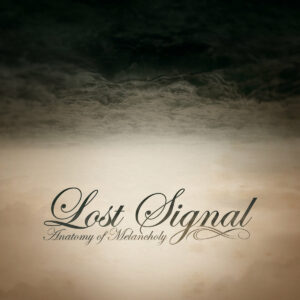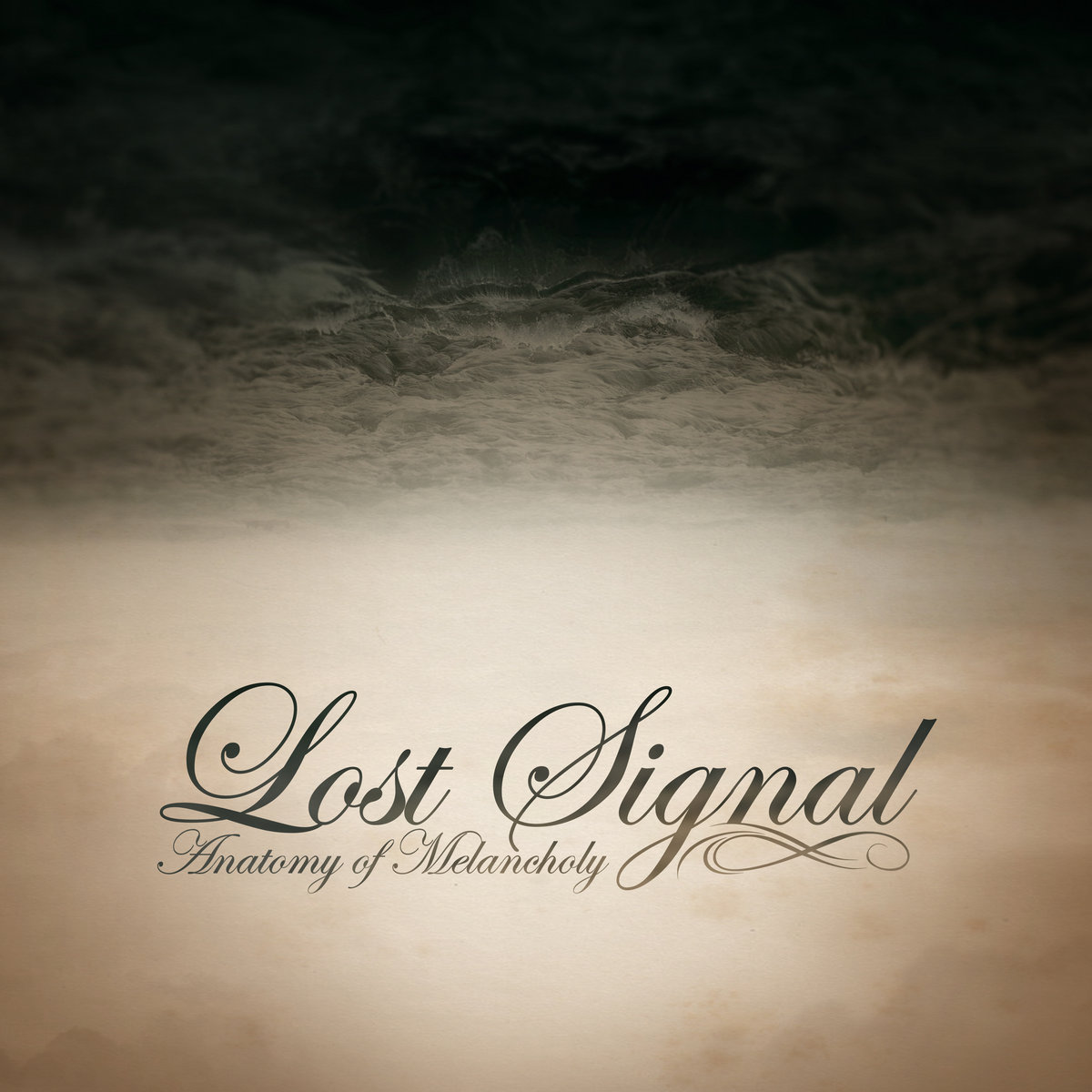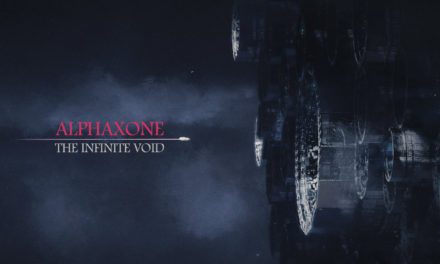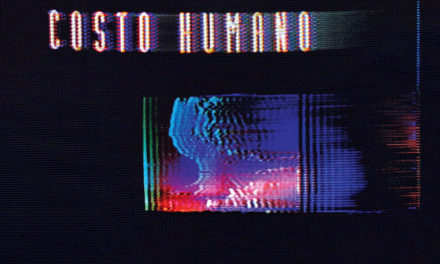
Lost Signal
Anatomy of Melancholy
Metropolis Records
Originally emerging in the futurepop era with the Tom Shear produced debut LP Catharsis, Charles Rehill’s Lost Signal has been only intermittently active in the years since, releasing a follow-up in 2006 along with a smattering of other tracks and short releases. Their new LP Anatomy Melancholy arriving nearly twenty years after its predecessor is something of a different animal than Rehill’s previous records, mostly forgoing club-ready material for more sad and staid songs, albeit ones that stay true to the project’s mournful and contemplative ethos.
In many ways that shift feels entirely appropriate for a new Lost Signal record in 2024, and to Rehill’s credit, both the production and his vocals have rarely sounded better. On the former point, the lush strings, glitched percussion and keys of “By a Thread” sound more fleshed out than anything the project has released up to this point, with each sound articulated in the mix to allow for the track to blossom into an even fuller and more emotional form for its climax. Similarly, “Fall on My Sword” (a title that hearkens back to the project’s early use of combat as metaphor for personal struggle) uses a simple percussion loop and sneakily propulsive bassline as a canvas for layers of pads and reverbs that feel both elegiac on the verse, and hopeful on the chorus. It’s a mood well-suited to Rehill’s vocals, which have taken on a quiet confidence that wasn’t always present in previous releases; the weight of experience present in his delivery really sells the introspection of the record, so that a number like single “Clover” sounds as and sincere as its mournful tone requires.
There are however more than a few moments where the album struggles under the weight of its heartache, and its gradual pacing. The closest thing to an uptempo number is “Bridges Burning”, and while it has some engine in its rhythm programming, its chorus and outro drop into half-time, which while appropriate for the loss and regret it expresses, saps its momentum and prevents any catharsis that might have resulted from a climax. That issue is even more pronounced on cuts like “For What It’s Worth”, which while busy in terms of carefully placed stereo percussion and synth flourishes, never feels like it progresses, mired in a gloom that while no doubt sincere is also very sedate. The fact that it’s followed by equally somber tracks in “Enough” and “Trail’s End” make the generally doleful tone of the record oppressive. Closer “Ebb” has a glimmer of hope in its chiming synths and processed breaks, but it feels slight coming off so much despondency.
So then, Anatomy of Melancholy is paradoxically Lost Signal’s most accomplished record from a production, songwriting and performance perspective, while also being hard to enjoy as a sustained experience. Sad rumination is Rehill’s native language as an artist, and it’s hard to fault him for leaning into it, but the pacing and overcast mood can very easily overpower many of the record’s subtler and more thoughtful charms, to the point that its best songs work better in isolation from the album’s disconsolate whole.





